First To Go hosted events at First-Generation Awareness Week last week on campus.
A first-generation student’s parents or guardians do not have a four-year bachelor’s degree from a United States university, according to the definition used on the First To Go website. The week included a women of color graduate student community gathering, a first-generation commuter brunch and events for both undergraduate and graduate first-generation students, according to the First To Go Instagram.
Camila Galina, a first-year psychobiology student, said events such as the first-generation undergraduate student celebration make students aware of the resources available to them and provide a sense of community.
“Transitioning from high school to college was a big change, especially since my parents didn’t go to college,” she said. “Having people from UCLA to help guide me through the process was helpful.”
Amanda Finzi-Smith, associate director of First To Go, said hosting First-Generation Awareness Week helps students feel seen and supported on campus. Organizations like First To Go also demonstrate UCLA’s commitment to showcasing the first-generation experience, said Carina Salazar, the Transfer Student Center director.
“I was also a first-generation college student, and I remember being at UCLA, and at that time we didn’t really have the language that we have now – the first-gen identity was more invisible,” she said. “It really brings me great joy to have a program like First To Go.”
Andrew Ramirez, a fourth-year bioengineering graduate student, said he felt the week’s programming was also important in giving him a chance to meet other first-generation students. He added that being around other first-generation students makes him feel more welcome.
“Usually we don’t really see each other, we’re all taking different classes, we work with different professors,” Ramirez said. “We need to help each other out since, if not, we can definitely feel very isolated.”
Enrique Arista, a fourth-year student studying Chinese, said he feels demographic gaps are especially pronounced in certain fields of studies and for people of certain backgrounds. He added that since many Hispanic students are first-generation, this can mean feeling unrepresented in his classes.
“Because I grew up in a predominantly Hispanic school, seeing all the cultures here was kind of a shock,” Arista said. “Understanding that UCLA is a school that has all kinds of people is definitely a good way for us to prepare and for us to be excited that, OK, we might be first-generation, but there are plenty of people who have gone through the same thing already.”
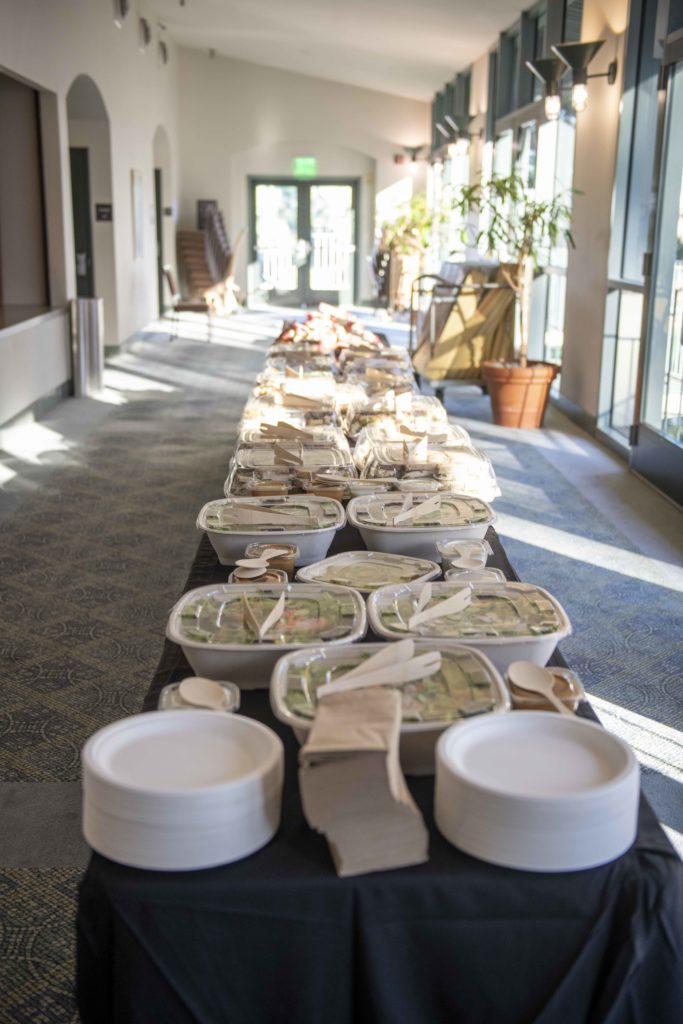
Events like the first-generation celebration serve as reminders that first-generation students are not alone, even though it can feel that way, he said.
Finzi-Smith also said the first-generation label is not exclusive to undergraduate students, adding that many UCLA faculty and staff members also identify as first-generation and face continuing challenges. Susan Ettner, the dean of graduate education at UCLA, added that some first-generation students have probably experienced imposter syndrome.
While first-generation students acknowledged the challenges they faced, many also said they were proud of their identity. Arista said getting accepted to the UCs was the moment he realized his hard work had paid off.
“After sixth grade, my parents really couldn’t understand my homework. I was basically on my own for that,” he said. “However, just learning through that process has, I think, built me up to be more prepared for what the world has to offer.”
Leslie Gomez, an academic specialist for First To Go, added that the week’s events also advertise resources that help address the unique challenges many first-generation students face. Across the week, events included guest speakers and presentations from groups including CalFresh, Total Wellness and MEChA.
Although First-Generation Awareness Week has ended, resources to help navigate higher education are available year-round, according to First To Go’s website.
Arista said that overall, he feels first-generation events are important to connect students from similar backgrounds.
“It’s like a home away from home,” he said. “I will be surrounded by a lot of people that come from the same background, and they probably have similar stories.”


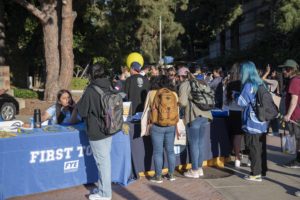
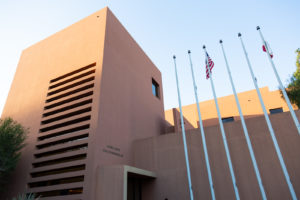
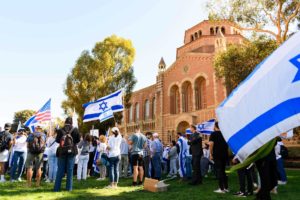
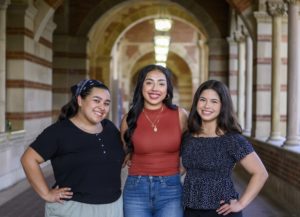
Comments are closed.